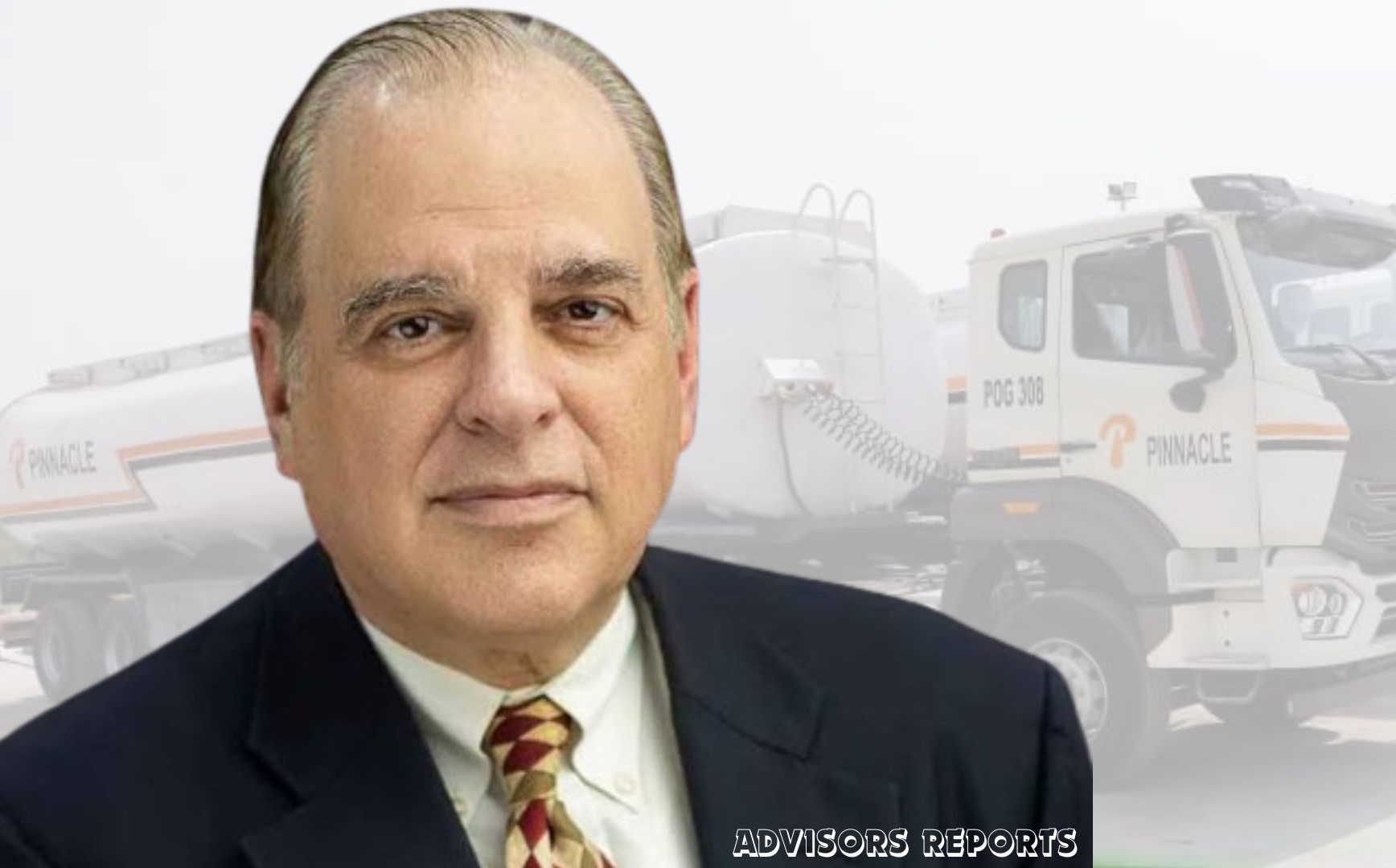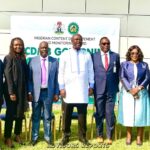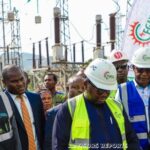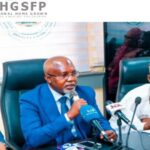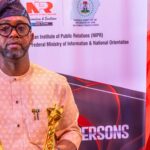Oredola Adeola
Robert Dickerman, the Managing Director/Chief Executive Officer of Pinnacle Oil and Gas Ltd, has revealed that Nigeria is currently paying a staggering N1 trillion monthly as a subsidy on Premium Motor Spirit (petrol), which he claimed is significantly below the global price in dollars, thereby fostering smuggling to neighbouring African countries amidst economic challenges.
He made this revelation in his remark during the panel session 6, on Nigeria Downstream Forum at the just concluded Nigeria International Energy Summit (NIES) which was monitored by Advisors Reports.
According to him, there is still a massive subsidy on petrol albeit in the Foreign Exchange portion of the price of the commodity, not the global price in dollars which is the reason why the product in Nigeria is by far the lowest encouraging smuggling of subsidized product to neighbouring countries even while the Nigerian economy struggles.
He emphasised that the cost is hurting the entire budget of the Federal and State government as critical programmes cannot be funded to pay this subsidy. It is currently calculated to be about N1 trillion per month.
Dickerman, while challenging the Nigerian National Petroleum Company (NNPCL) to open up about the intricate details of this substantial subsidy, therefore noted that ceasing subsidy payments would result in no petrol supply, if there are no refineries producing gasoline.
He said, “All supplies of petrol come from the international market which only sells at market prices.
The MD/CEO of Pinnacle Oil and Gas Ltd emphasised that there is no competition in bulk supply, because it is only the Nigerian National Petroleum Company Limited (NNPCL) owned by the government that can import.
He said, “Wholesale and retail prices are set based upon their subsidized cost and they (NNPCL) determine who gets supply.
“Without a competitive market, foreign investors are discouraged from investing in this sector in Nigeria,” the MD Pinnacle said.
Dickerman has therefore put forth a compelling argument for the transformation of Nigeria’s economic landscape.
He emphasized that the key to addressing the nation’s pressing issues lies in the government’s commitment to long-term strategies rather than short-sighted solutions.
. Highlighting the daily struggles faced by citizens and businesses, including reduced purchasing power, high inflation, soaring interest costs, and alarming unemployment rates, Dickerman underscored the ineffectiveness of temporary fixes in resolving deep-rooted challenges.
He pointed out Nigeria’s historical tendency to prioritize resources towards oil and gas production at the expense of crucial economic and social programs.
The Managing Director of Pinnacle drew attention to the longstanding practice of alleviating consumer burdens through subsidies on essentials like fuel and food.
He therefore cautioned against the detrimental impact of excessive reliance on oil revenues, which hinders local production, manufacturing, and export-oriented activities essential for economic diversification.
Dickerman shed light on the critical underinvestment in vital infrastructure sectors such as electricity, roads, healthcare, education, and financial systems.
This neglect according to him, has contributed to a substantial trade deficit and insufficient capitalization of banks to support essential development projects.
Proposing a way forward, Dickerman advocated for a shift towards attracting foreign investment as a crucial step in revitalizing Nigeria’s economy.
He stressed the urgent need for policies that foster an environment conducive to Foreign Direct Investment (FDI), emphasizing the importance of conservative fiscal measures, anti-corruption initiatives, competitive market structures, and robust enforcement mechanisms to ensure market integrity.

